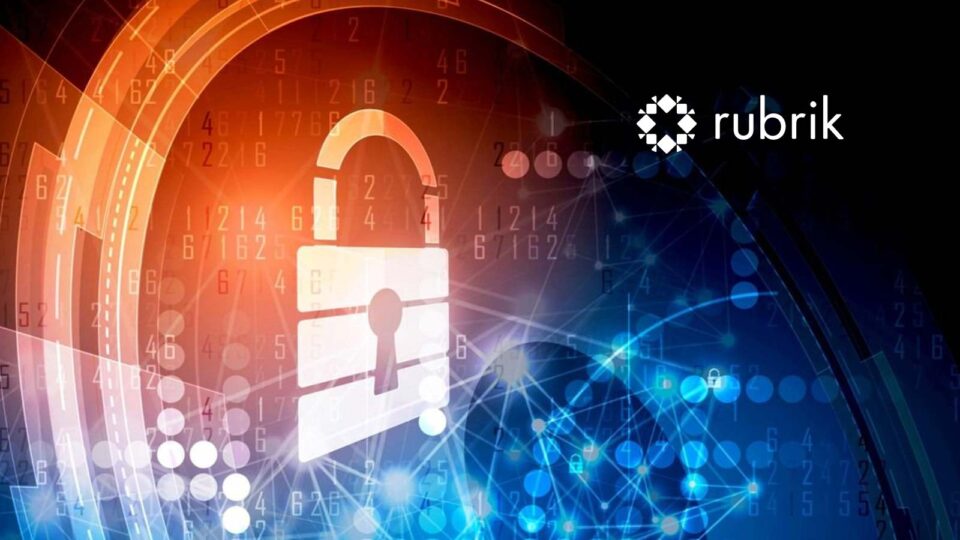-
92 percent of respondents were concerned they’d be unable to maintain business continuity if they experience a cyberattack
-
One third of boards have little to no confidence in their organization’s ability to recover critical data and business applications in the event of a cyberattack
-
96 percent of individuals suffered emotional or psychological impacts as a direct result of experiencing a cyberattack
IT and security leaders must address, on average, one cyberattack per week according to a new study released today titled “The State of Data Security” by Rubrik Zero Labs. Rubrik, the Zero Trust Data Security™ Company, commissioned a study from Wakefield Research to gather insights from more than 1,600 security and IT leaders including CISOs, CIOs, VPs, and Directors across 10 countries. The findings exposed rising security risks for organizations, resulting in widespread damage to organizations and their IT and security teams.
Latest ITechnology News: HUMAN Acquires Anti-Malvertising Leader, clean.io, to Enhance Protection Across the Media Ecosystem
Key findings of “The State of Data Security” by Rubrik Zero Labs include:
Cyberattacks Continue to Surge in Volume and Impact:
- Nearly every leader surveyed experienced a cyberattack over the past year, and on average faced 47 attacks in that timeframe — or nearly one cyberattack per week.
- 52% reported a data breach and 51% reported facing a ransomware attack in the past year.
- Only 5% of organizations were able to return to business continuity or normal operations within one hour of discovering a cyberattack.
- 48% of IT and security leaders reported to be concerned about data breaches (25%) or ransomware events (23%) as the top threat for the year ahead.
Organizations Are Losing Confidence in Their Ability to Withstand Attacks:
- 92% of respondents are concerned they will be unable to maintain business continuity if they experience a cyberattack.
- One third believe their board of directors has little to no confidence in their organization’s ability to recover critical data and business applications after a cyberattack.
- 76% of survey respondents reported their organization is likely to consider paying a ransom following a cyberattack.
- 11% of IT and security leaders said they had not adequately addressed vulnerabilities from previous cyber events.
The Weight of Cybercrime Is Taking a Toll:
- 96% of respondents reported experiencing significant emotional or psychological consequences following a cyberattack, ranging from worries over job security (43%) to loss of trust among colleagues (37%).
- Approximately one third of respondents reported leadership changes as a result of a cyberattack.
- Approximately one third of leaders surveyed said their IT and SecOps teams were either somewhat or not at all aligned when it came to defending their organizations.
Latest ITechnology News: Y42 launches the First Modern DataOps Cloud to Offer Fully Managed Environment for Running Production-Ready Data Pipelines
“It’s clear from this research that cyberattacks continue to produce large impacts against global organizations and the effects are compounding,” said Steven Stone, Head of Rubrik Zero Labs. “In addition to this rise in frequency and impacts of cyber events, the individuals on the front lines are taking a psychological hit on their wellbeing. Trust is down and anxiety is up. Without a proactive and reliable approach to defend against modern cyberthreats and strengthen confidence in an organization’s ability to resolve these cyber events, these impacts – both human and organizational – will continue to worsen and feed each other. The good news is we’re also seeing pragmatic, proven strategies in this same space paying off and we can build off these approaches.”
“We often overlook the psychological dimension of cyberattacks and the chaos that tends to follow after discovering an incident,” said Chris Krebs, Former Director of CISA and Founding Partner of the Krebs Stamos Group. “The bad guys sure have figured it out, though, with criminals and state actors alike trying to generate emotional responses when they attack, as evidenced by the increase in criminal extortion efforts and hack and leak campaigns. In the end, IT and security leaders alike tend to take the blame for these cyberattacks. One of the most effective techniques I’ve seen to prepare for these types of attacks is to accept you’re going to have a bad day at some point, and your job is to ensure that it doesn’t become a ‘worse day.’ This is why we need defenders across the spectrum to come together – sharing best practices, learnings after attacks, simulations, frameworks – so that we’re collectively strengthening our defenses and minimizing the psychological impact brought on by an attack.”
“The State of Data Security” comes from Rubrik Zero Labs, the company’s new cybersecurity research unit formed to analyze the global threat landscape, report on emerging data security issues, and give organizations research-backed insights and best practices to secure their data against increasing cyber events.
Latest ITechnology News: senhasegura Introduces MySafe for Managing Personal Passwords
[To share your insights with us, please write to sghosh@martechseries.com]


